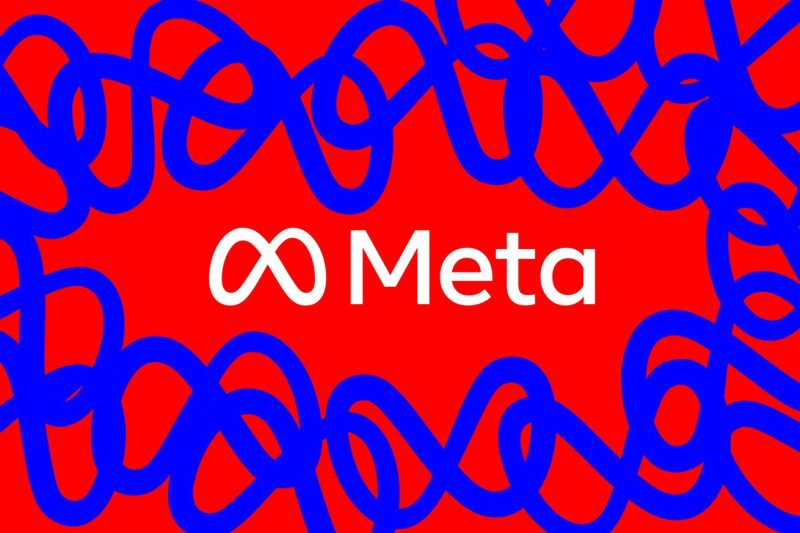In the realm of artificial intelligence and data privacy, recent events shed light on Meta, the parent company of Facebook and Instagram, being ordered to cease training its AI systems using Brazilian personal data. This decision holds significant implications for the tech giant’s operations and the broader landscape of data protection policies worldwide.
The Brazilian Data Protection Authority (ANPD) took this unprecedented step in response to Meta’s unauthorized use of personal data collected through its platforms for AI training purposes. The ANPD’s ruling serves as a stark warning to Meta and other tech companies about the need to uphold data privacy regulations and respect user rights.
Privacy advocates have long raised concerns about the potential misuse of personal data by tech companies, particularly in the context of AI development. The use of sensitive information without consent raises ethical questions and underscores the importance of strong data protection measures.
Meta’s AI systems, powered by vast amounts of user data, play a pivotal role in shaping the user experience on its social media platforms. By leveraging personal information for training purposes, Meta aims to enhance its AI algorithms’ capabilities and deliver more personalized content to users.
However, the recent injunction highlights the risks associated with such practices, particularly in jurisdictions with stringent data protection laws like Brazil. The ANPD’s intervention underscores the need for tech companies to comply with local regulations and respect user privacy rights to avoid legal repercussions.
Moreover, the decision to halt Meta’s AI training on Brazilian personal data serves as a wake-up call for the broader tech industry. With increased scrutiny on data privacy practices, companies must prioritize transparency, accountability, and user consent in handling personal information.
Moving forward, Meta and other tech giants must rethink their data practices and ensure compliance with evolving data protection regulations worldwide. By fostering a culture of responsible data stewardship, companies can build trust with users and demonstrate a commitment to safeguarding personal information.
In conclusion, the ANPD’s injunction against Meta’s use of Brazilian personal data for AI training underscores the growing need for tech companies to prioritize data privacy and comply with regulatory requirements. This development serves as a reminder that privacy violations carry legal and reputational risks, highlighting the importance of ethical data practices in the age of AI.


























